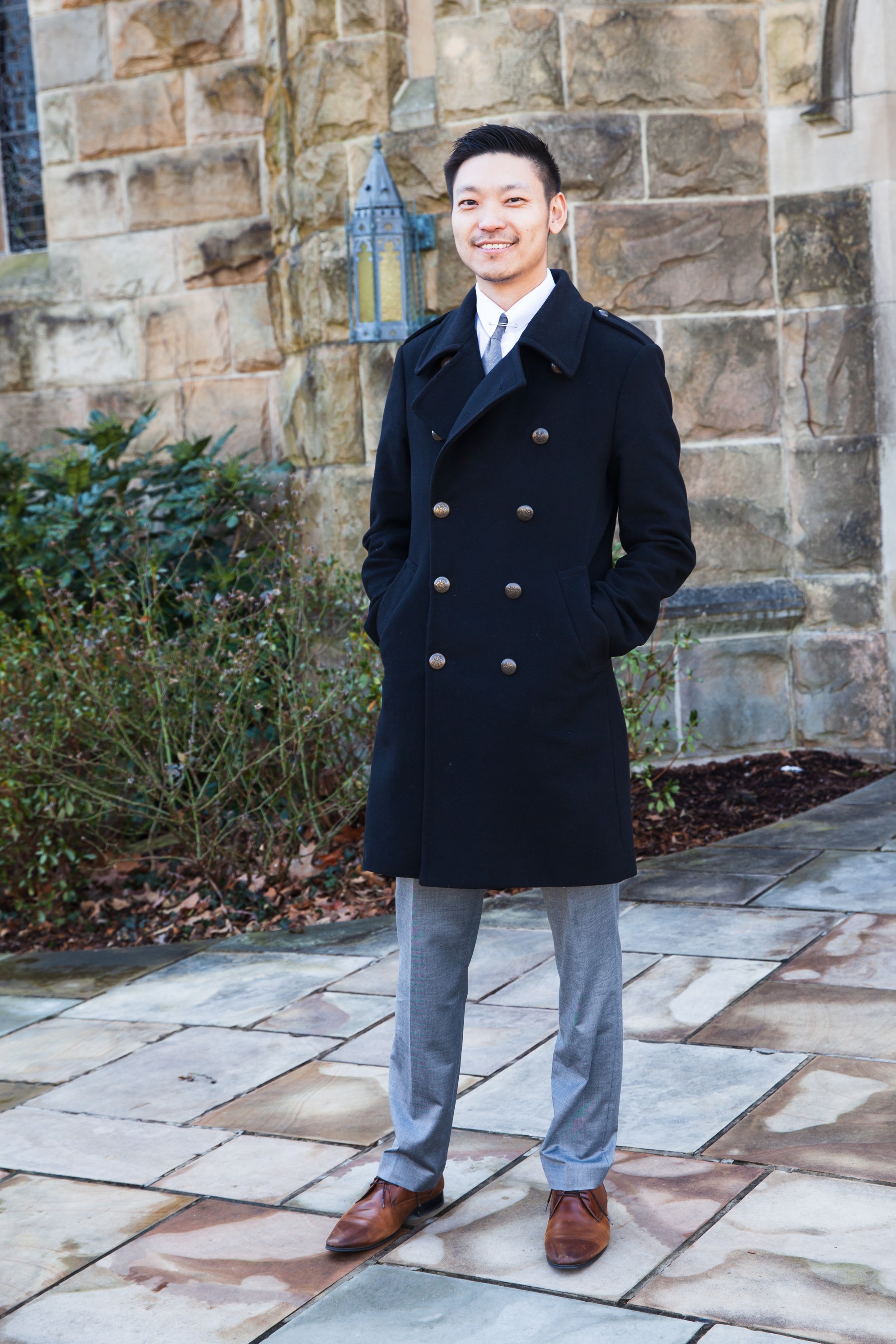
Tao Song, assistant Professor of Economics
Tao Song, an Economics professor at Sewanee, is committed to affecting change. He’s only been on campus a year and a half, and he’s already introduced and created a new class for the department. The course, Economics of Immigration, confronts a relevant topic—one that Tao hopes to be viewed from a more scientific standpoint.
“It’s a prime time to offer this,” Song explains. “As a class, we approach the subject not from an ideological point, but from a scientific point of view—being as impartial as possible. Immigration is generally seen as positive for the country, but we know everything isn’t always black and white. The students have addressed these sensitive questions and topics well. I’m encouraged that we are open to these types of discussions here.”
Tao was a Ph.D. student at the University of Connecticut when he started applying to jobs all over the country.
“I picked Sewanee because when I came here I felt a genuine desire from the University to have different walks of life to come here,” Song says. “It’s a place that truly wants to form a new community with a forward-looking environment. Being a scholar, nothing thrills me more than being part of change.”
Song believes that Universities should be a reflection of American society—groups that come together, collaborate, and see past differences.
“As researchers, we try to be as impartial and objective as possible,” Song says. “We don’t have preconceived judgments. We try to look at every angle possible and then make a decision. Because I study minority economics, whenever you have a professional work environment coming from different walks of life, it creates a synergy—a creative energy that more homogenized backgrounds don’t have. That’s why the US is such an imaginative society. We have people coming together absorbing each other’s ideas to create something new and better. And I believe this should be emulated in University settings.”
Outside the classroom, Song has established himself as an approachable and candid mentor for his students.
“I try to be as open as I can when it comes to who I am as a person,” Song explains. “I am an openly gay guy, and I tell them that. I want students to feel safe and know that there’s a person in a different level of hierarchy here to tell them that, yes—you can be different and marginalized in every way possible and still be successful. Be confident with yourself.”
Song has high hopes for Sewanee, but he knows that change comes with its share of road blocks.
“I believe that Sewanee is moving in a good direction,” Song says. “We are getting specific with how to incorporate ideas from marginalized groups. It can’t be lip-service anymore. If there is tension or conflict, there should be policies to address that.”
Song believes that addressing these issues shouldn’t be punitive; they should be constructive and educational.
“Moving past ‘the way it’s always been’ into uncharted territory is unfamiliar—but it’s brave,” he says. “We are a robust people."

